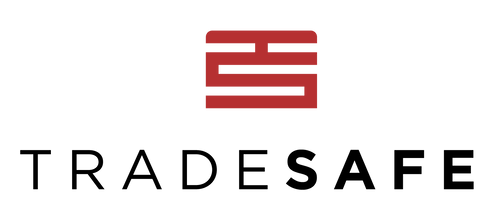Electrocution is one of the most prevalent causes of death in the workplace, and it may only be avoided with proper electrical safety. Electrocutions can also result in serious injuries, which can lead to disability. As a result, because these accidents are so prevalent, it's critical to ensure that personnel is as protected as possible against electrocution injuries.
OSHA guidelines help make sure that your facility is a safe place to work. Your workplace’s electrical safety programs should be compliant with OSHA safety guidelines. OSHA has even published a list of electrical safety guidelines that can help various facilities ensure that they’re reducing as many risks as possible.
Here are some of the OSHA guidelines that can help save a life:
- Electricity and water don’t mix. Don’t operate electrical equipment while standing in a puddle of water. Make sure to have an electrician check a machine that has gotten wet before you energize and operate it.
- Only qualified electricians can do repairs.
- Keep 3 meters or 10 feet of distance between yourself and overhead wires. Always assume that overhead wires are energized, even when they’re down or seem to be insulated.
- If an overhead wire has fallen, don’t touch it. Call an electric utility service instead.
OSHA standard 1910.47, or the control of hazardous energy, also includes protocols and regulations concerning electric energy. These protocols and regulations involve the lockout and tagout of all sources of hazardous energy, including electricity.
